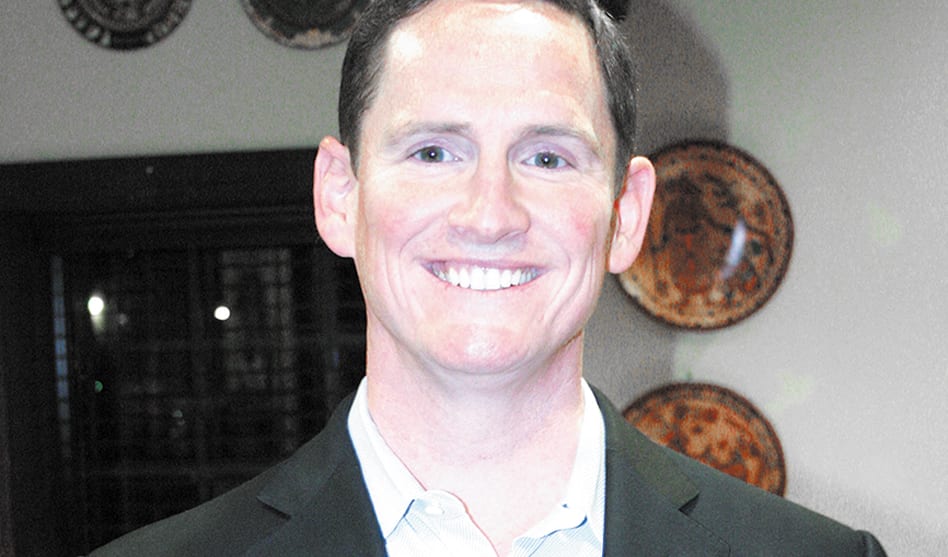Clay Jenkins
HHS finds 32 problems with Dallas County HIV funding distribution
DAVID TAFFET | Senior Staff Writer
taffet@dallasvoice.com
A March site visit by the U.S. Department of Health and Human Services to the Dallas County office that distributes Ryan White funds found 32 areas of concern. A full report is expected within the next month, but among the concerns are problems with the distribution of the funds that might have delayed money getting to organizations providing HIV care.
Members of the Ryan White Planning Council and medical providers expressed concerns. But County Judge Clay Jenkins said the concerns are not new and reflect findings in other areas around the country.
Dallas County Health and Human Services Interim Director Ganesh Shivaramaiyer is taking these findings seriously, and his team is working to correct these ongoing issues, according to Jenkins.
According to a Dallas Morning News report, County Commissioner John Wiley Price said some people had to wait weeks for medications as a result of the delay in funding.
Kirk Myers, CEO of Abounding Prosperity, an HIV organization based in South Dallas, said his organization receives Ryan White money in the form of reimbursement grants. Slow pay impedes his agency’s ability to provide services to the next client.
He said with the delay, agencies end up serving fewer clients, and Ryan White money that goes unused is returned to the federal government at the end of the budget year.
Prism Health North Texas Chief Marketing & Development Officer Tori Hobbs said that hasn’t been the case at Prism, which is a much larger agency.
“All federal funds get delayed in one form or another,” she said.
She said the delays haven’t impacted Prism Health, however, because of strong community support.
“We’re in a good position,” she said, but added that smaller agencies would feel the delay more, and Parkland
Hospital, which serves many more clients than Prism, might have also been pinched by a delay in reimbursement.
Another concern HHS mentioned in its report is the composition of the Ryan White Planning Council, which has 26 members. Only 16 members attended committee meetings, and those who attended were not representative of the population receiving services.
In a statement released by his office, Judge Jenkins said he will continue to work with the RWPC to address the board composition to bring it into a more accurate reflection of our population. His office has previously relayed a need to vet and present more prospects from underrepresented racial groups to consider for appointment to the council.
The additional issues will be addressed primarily by DCHHS.













